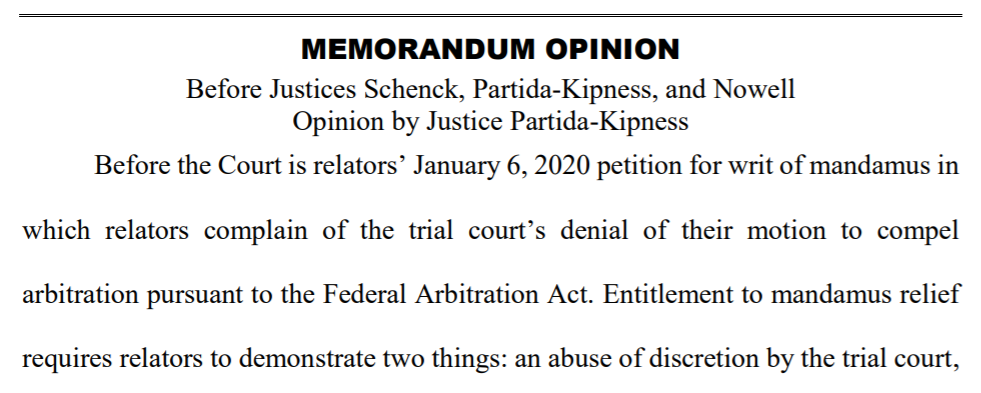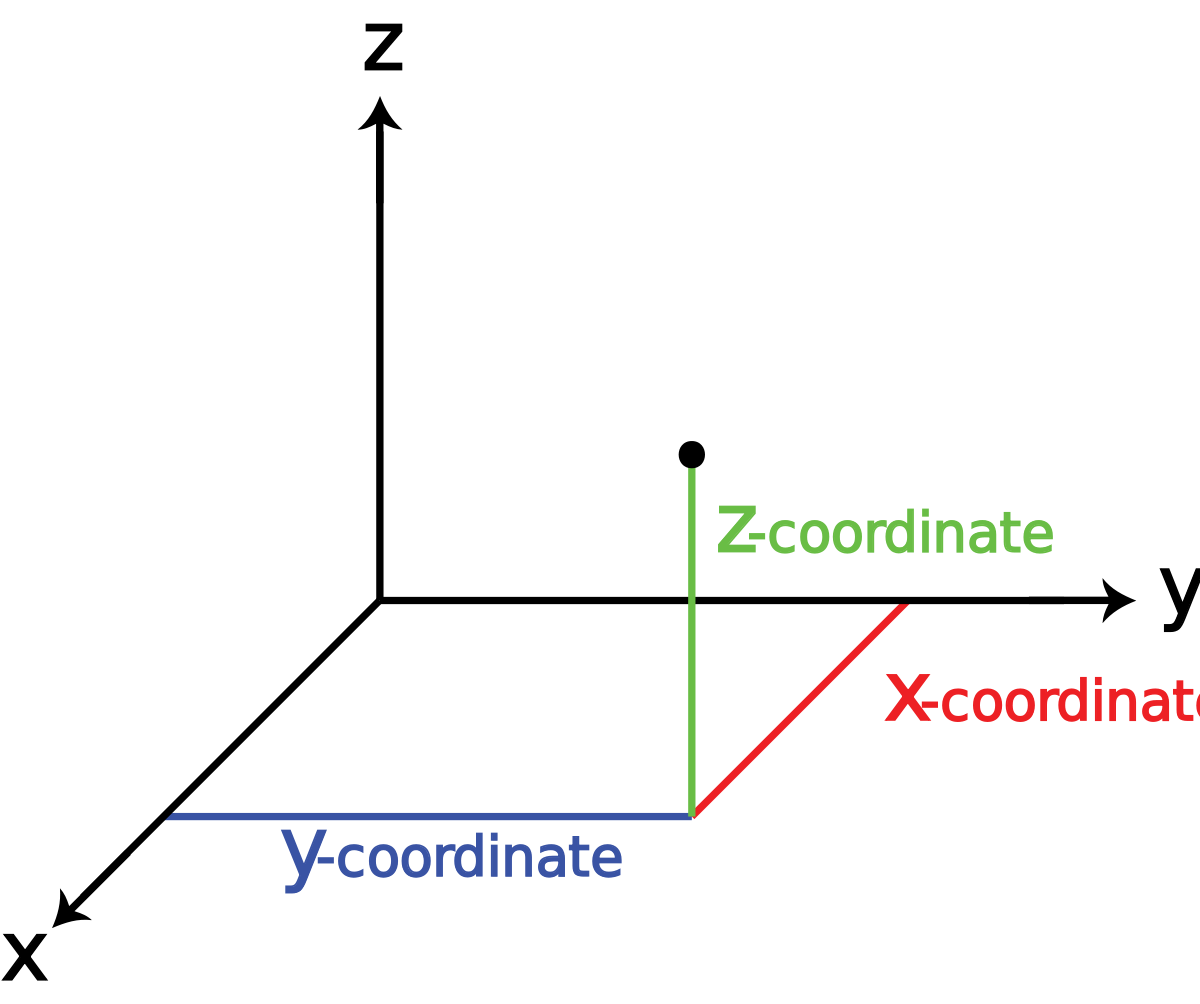 “Birds of a feather flock together,” says the old proverb. But on the Fifth Court, justices of the same political party do not always rule together, as shown by two recent opinions.
“Birds of a feather flock together,” says the old proverb. But on the Fifth Court, justices of the same political party do not always rule together, as shown by two recent opinions.
The first, Inland Western v. Nguyen, No. 05-17-00151-CV (Feb. 10, 2020) began when the owners of a nail salon, the Nguyens, sued their landlord for alleged misrepresentations about lease renewal. They won a judgment in their favor after a jury trial, after which a Fifth Court panel reversed and rendered judgment for the landlord.
The Nguyens petitioned for rehearing en banc. The court granted their petition, held oral argument and then reversed course Feb. 10 in a 10-4 decision. It issued a short, form order denying en banc reconsideration without discussing the merits.
The order was supported by all five of the current Republican justices (David Bridges, Lana Myers, Bill Whitehill, David Schenck and David Evans), joined by retired Justice Robert Fillmore from the original panel. Four of the Democratic justices (Leslie Osborne, Bill Pedersen, Amanda Reichek and Cory Carlyle) also joined the order.
Three of those Republican justices joined Inland Western v. Nguyen inland concurrence that emphasized the judicial oversight of jury trials: “[Our system, like the federal, recognizes … that there is no right to a judgment on a jury verdict if the legal theory is invalid or the objective quality of the evidence does not support the jury’s finding.” Justice Schenck wrote the concurring opinion, joined by justices Bridges and Evans.
A four-justice dissent was joined by four other Democratic justices. Chief Justice Robert Burns wrote that he would remand for a new trial, noting, “Appellate courts are duty bound to indulge every reasonable inference to sustain a jury verdict when the evidence supports the verdict.” He was joined by justices Ken Molberg, Robbie Partida-Kipness and Erin Nowell.
The Nguyen opinions show the importance of party affiliation, in that all Republicans on the court joined the decision to deny review, while all the dissenting justices were Democrats. But at the same time, Nguyen reminds that the new Democratic majority on the Dallas court is not a monolithic block, as four of those justices joined the majority while four dissented.
 The second case, In re: Parks, No. 05-19-00375-CV (Feb. 18, 2020) (mem. op.), denied a mandamus petition about a trial court order striking counteraffidavits related to the reasonableness and necessity of certain medical expenses filed under Chapter 18 of the Civil Practice and Remedies Code.
The second case, In re: Parks, No. 05-19-00375-CV (Feb. 18, 2020) (mem. op.), denied a mandamus petition about a trial court order striking counteraffidavits related to the reasonableness and necessity of certain medical expenses filed under Chapter 18 of the Civil Practice and Remedies Code.
Republican Justice Bridges, joined by Democratic Justice Carlyle, drew an analogy between the trial court’s ruling and an order striking expert-witness designations, which is not ordinarily a basis for mandamus relief.
Republican Justice Schenck—who wrote the Nguyen concurrence—dissented, arguing that the present state of Dallas law “raises serious constitutional concerns related to the parties’ rights to a trial by jury, as well as their due process rights….” While from the same party as Justice Bridges, the two differed on an important procedural point about the balance of power between trial and appellate judges.
Going forward, these two cases are a good reminder that party affiliation, while important, is far from dispositive as to how a particular justice may approach a case.
(A similar article appeared this week in the Texas Lawbook. My LPCH partner Jason Dennis represents the Nguyens.)

















